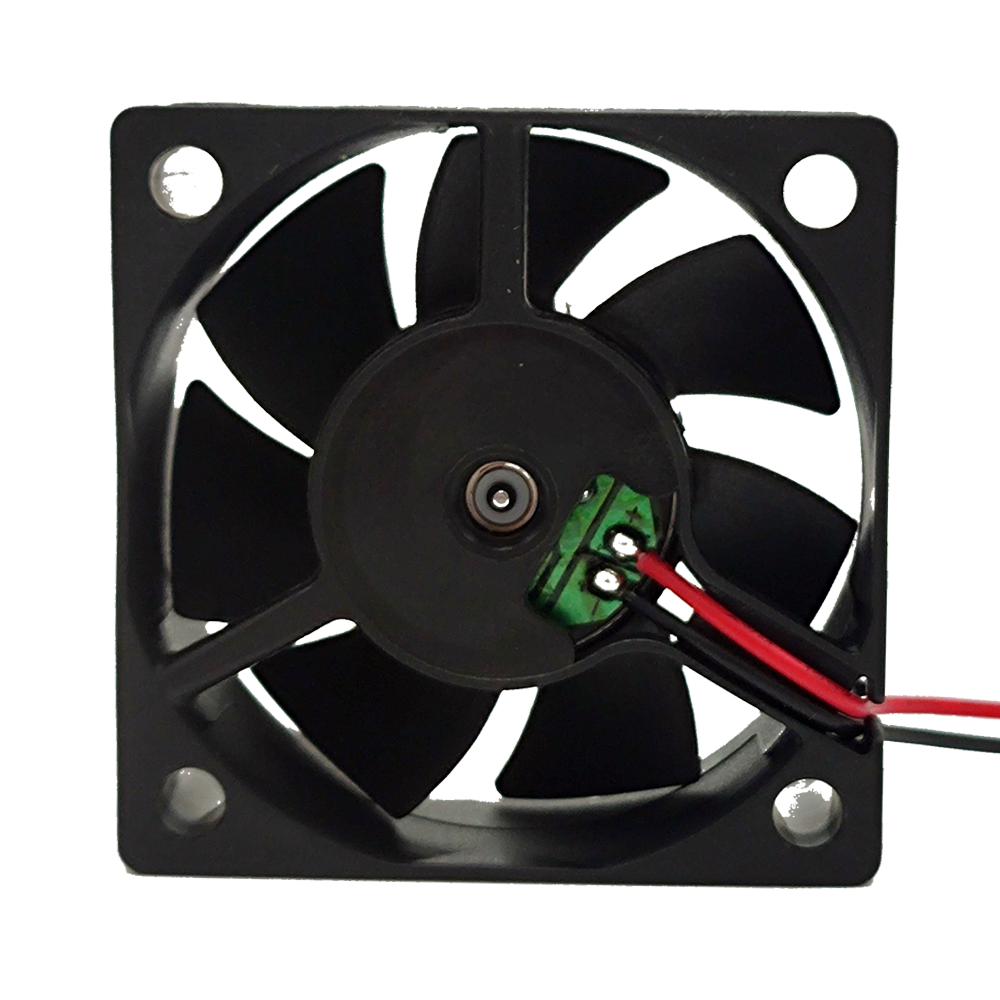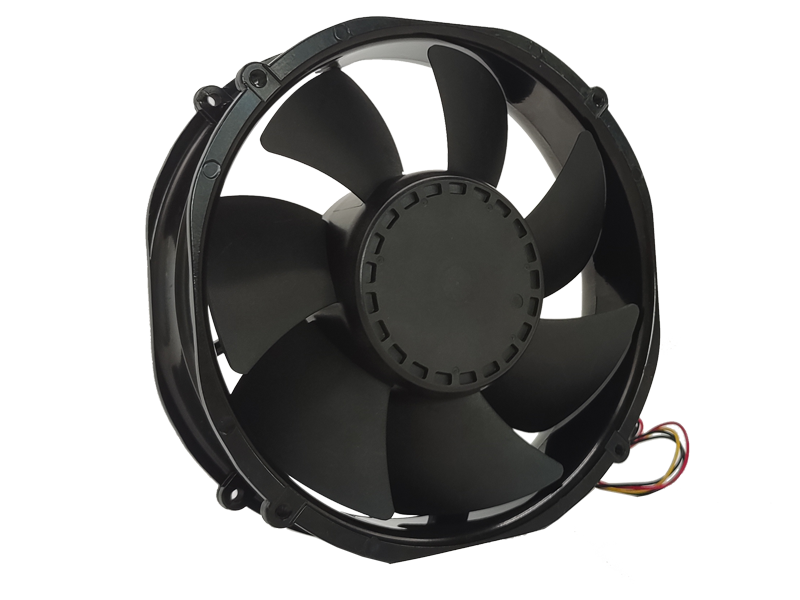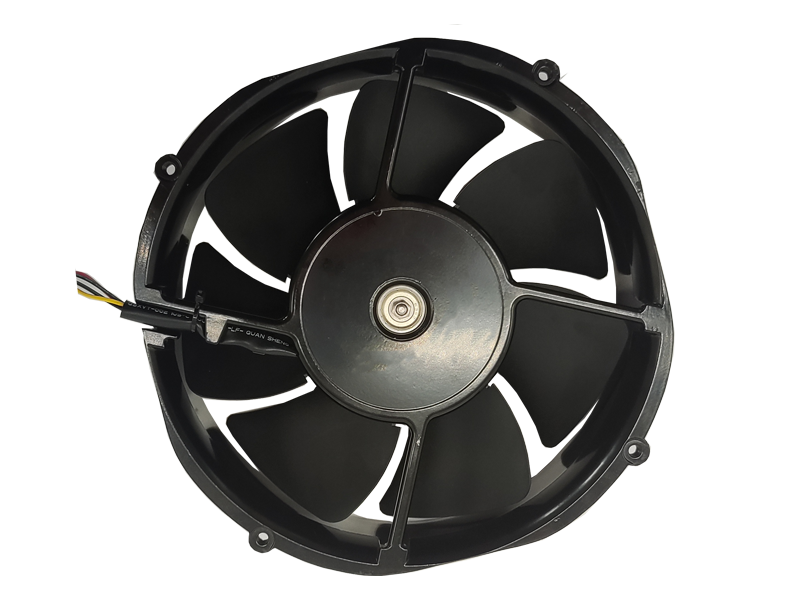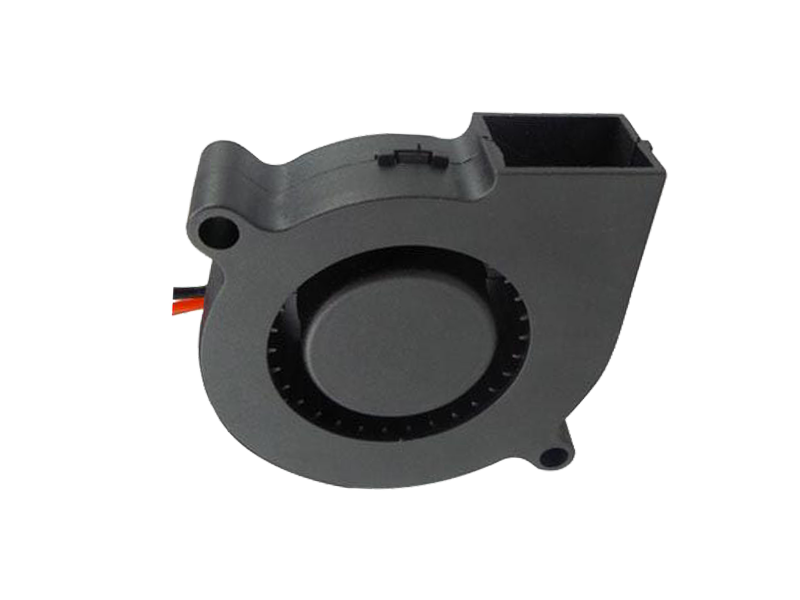Industrial fans are a fundamental part of the industrial landscape, contributing significantly to process optimization, safety, and comfort. They are used in a variety of applications, from ensuring optimal airflow and temperature regulation to supporting ventilation and air filtration systems in heavy-duty industries. While the primary role of industrial fans is often taken for granted, a closer look at how they are engineered and optimized reveals that they are much more than simple mechanical devices. In this article, we will delve into the critical role industrial fans play in various industrial operations, focusing on how they help optimize processes and improve efficiency.
1. Understanding the Role of Industrial Fans in Industrial Operations
Industrial fans are widely used across many sectors, including manufacturing, food processing, pharmaceuticals, petrochemical industries, and agriculture. They are an integral part of HVAC (heating, ventilation, and air conditioning) systems, cooling towers, exhaust systems, and dust control systems.
1.1 Cooling and Temperature Regulation
One of the most common uses of industrial fans is for cooling and temperature regulation. In high-temperature environments such as factories, warehouses, and data centers, maintaining a cool temperature is crucial for protecting sensitive equipment and ensuring worker comfort. Industrial fans circulate air to dissipate heat, thereby preventing overheating, which can lead to equipment failure, energy inefficiency, or even fire hazards.
For instance, in industries like metalworking, glass production, or power generation, large-scale cooling fans are used to regulate the temperature of equipment, machinery, and industrial processes. Similarly, in data centers, fans help cool computer servers that generate significant amounts of heat during operations.
1.2 Ventilation and Air Quality Improvement
In manufacturing and other industrial spaces, ensuring proper ventilation is critical to maintain air quality and worker health. Fans help circulate air to remove harmful gases, dust, and fumes generated by industrial processes. In chemical plants, for example, industrial fans are used to exhaust toxic vapors and fumes, preventing them from accumulating and creating hazardous conditions. Similarly, fans in warehouses and factories can help reduce the concentration of airborne particulate matter, which could otherwise pose a health risk to workers.
Good ventilation also ensures that workers have access to fresh air, reducing the likelihood of fatigue, respiratory issues, or heat-related illnesses. In environments where there are high concentrations of airborne chemicals or particles, industrial fans work alongside air filtration systems to maintain safe, breathable air quality.
1.3 Process Optimization
In many industrial applications, maintaining a consistent air supply is essential for process optimization. In the food processing industry, for example, industrial fans are used to control the temperature and humidity levels during storage and packaging. In industrial drying processes, such as in the textile or wood industry, fans help regulate airflow to ensure uniform drying of materials.
Fans also play a role in controlling airflow in combustion and heating systems, where precise control of air circulation ensures efficiency and energy savings. By optimizing airflow, industrial fans help companies improve the overall efficiency of their operations and reduce waste.

2. Industrial Fan Selection Criteria
Choosing the right industrial fan for a given application is a complex decision that requires a thorough understanding of the specific requirements of the industrial process in question. Key factors include the airflow requirements (CFM), pressure, motor type, operating environment, and maintenance needs.
2.1 Airflow and Pressure Requirements
The amount of air that needs to be moved and the pressure required for the application are the most important parameters in selecting an industrial fan. The fan's specifications should match the airflow (CFM) and static pressure requirements of the space or process. Oversized fans can result in wasted energy, while undersized fans may fail to meet the cooling or ventilation needs of the application.
2.2 Motor and Power Considerations
Industrial fans require robust motors that can handle continuous operation, often under harsh conditions. Motors must be selected based on the expected load, operating temperature, and environmental factors like humidity or exposure to corrosive substances. Fan motors are typically available in standard, high-efficiency, or explosion-proof configurations, depending on the operational requirements.
2.3 Durability and Maintenance
Given the heavy-duty nature of industrial fans, durability and low-maintenance characteristics are crucial. Fans operating in harsh environments—such as those exposed to high temperatures, corrosive chemicals, or abrasive materials—require special consideration in terms of material selection and design. Maintenance-friendly features such as easily accessible components and durable, long-lasting parts can reduce operational costs by minimizing downtime and maintenance frequency.
3. The Future of Industrial Fans: Trends and Technological Advancements
As industries evolve and the demand for sustainability increases, industrial fans are expected to become smarter, more efficient, and more integrated into broader systems. Some emerging trends in industrial fan technology include:
3.1 IoT Integration and Smart Fans
The integration of IoT sensors into industrial fan systems is transforming how businesses monitor and control their equipment. IoT-connected fans allow for real-time data tracking, predictive maintenance, and remote control. This technology enables facility managers to optimize fan performance, reduce energy consumption, and predict potential failures before they disrupt operations.
3.2 Energy Efficiency and Sustainability
Energy consumption is a major cost factor in industrial fan operation, and many industries are looking for ways to reduce their carbon footprint and optimize energy use. The latest fan designs include energy-efficient motors, variable speed drives (VSDs), and advanced aerodynamic blades that reduce power consumption while maintaining optimal airflow.
3.3 Noise Reduction Technologies
As industries become more conscious of worker health and safety, noise reduction has become a key factor in fan design. The use of advanced materials, quieter motor designs, and vibration-damping systems can significantly reduce noise levels, creating a more comfortable and safer working environment.
4. Conclusion
Industrial fans play a vital role in improving operational efficiency, process optimization, and worker safety. Their use in cooling, ventilation, and air quality control is integral to many industrial processes, and selecting the right fan is essential for achieving optimal results. As technology advances, the future of industrial fans looks promising with the integration of smart technology, energy efficiency improvements, and more durable designs. Manufacturers who stay ahead of these trends can improve the performance and reliability of their industrial fan products, helping industries optimize their operations and reduce costs.
Recommended Products

The main purpose:Car charging station

The main purpose:Car charging station

The main purpose:Electronic refrigerators, water dispensers, direct drinking machines, inverter power supplies
Address:No. 4137, Longgang Avenue (Henggang Section), Henggang Community, Henggang Street, Longgang District, Shenzhen
hotline:13530005572(Chen)15112579390(Li)


Welcome all friends to come for consultation and negotiation.
Copyright 2024 @ Shenzhen Youneng Xinyuan Electronics Co., Ltd.,(industrial fans,industrial blowers,axial fans,cooling fans manufacturer,centrifugal fans,ac cooling fans,dc cooling fans)